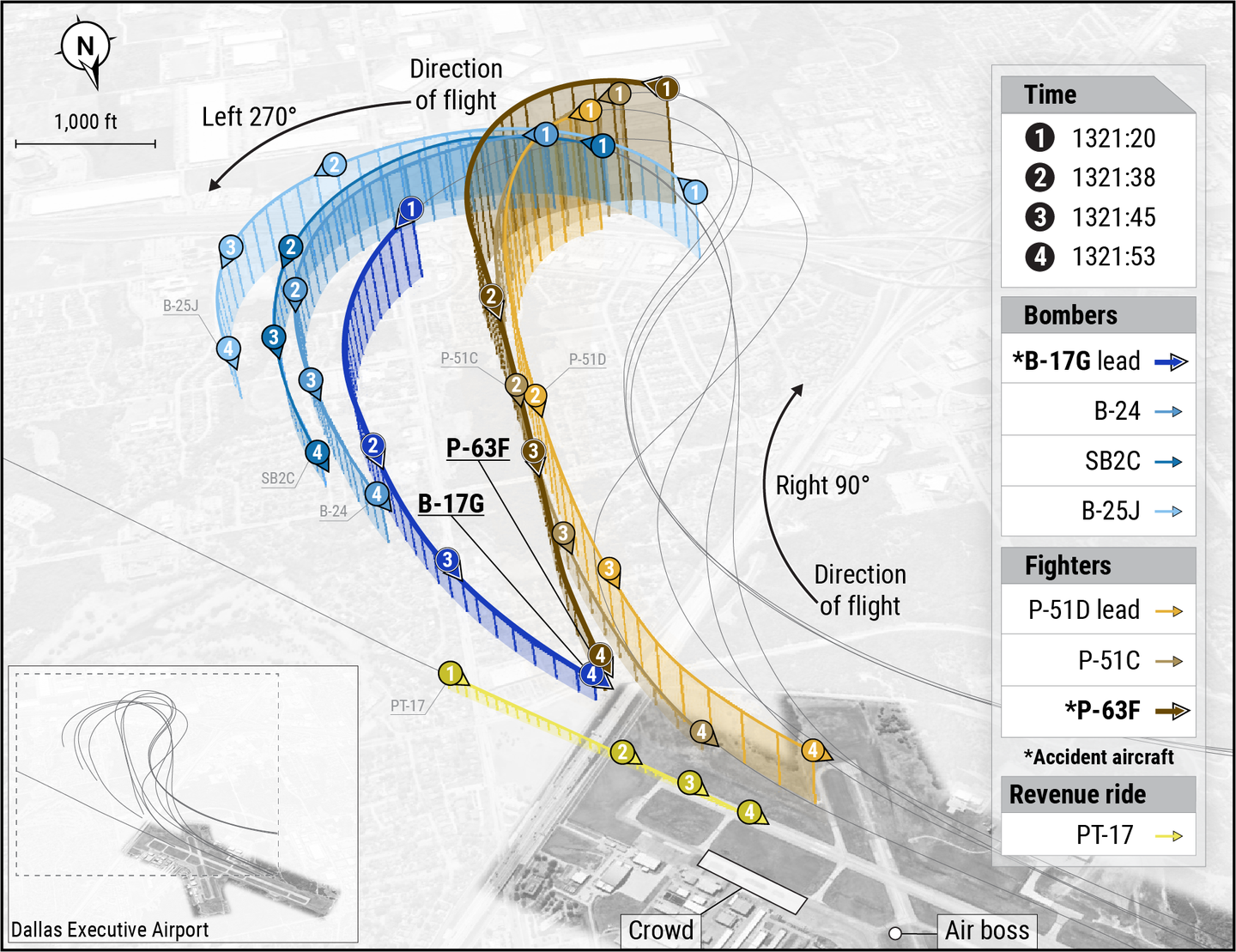More Women in the Cockpit? Why?
The CEO of a UK discount airline pledged to double the number of women holding airline jobs without saying exactly why. It might be intuitively obvious, but ought to be said anyway.
Watching the progress of this week's Question of the Week, I was reminded that my attitude toward women in the workplace was pretty much crystalized all at once at 5:30 a.m. on February 10th,1969. Standing in the induction line at Fort Holabird, it occurred to me that if women were eligible for the then draft, about half of us sad sacks would have been somewhere else and probably still asleep.
Haunted by the hobgoblins of consistency, from that day forward I declared myself in favor of supporting women in any jobs they could perform. Period. And at equal pay. Period. Retained from the 1970s is the notion that this should require no special gender-based consideration or promotion. If you're of a certain age, you may recall that in those days, young women were inclined to say they'd hold their own damn doors, thanks; they wished no special treatment as a means of proving their equal worth. To this day, I hold doors for men and women or not at all.
Professionally, this translates into an attitude of not being particularly in favor of publishing gender-specific news stories. I don't spike women-in-aviation stories, but they don't give me the warm fuzzies, either, because…see above. If you want equality, sister, you've got it. And that means no special treatment with regard to held doors or promotional editorial. Looking over the QOTW results, 67 percent of the respondents believe there should be no gender bias in aviation hiring. That was my choice, too, but my guess is it doesn't mean that everyone who checked that box shares my view of a neutral attitude toward hiring women for flying jobs. Some are thinking there should be no bias against women. Some, I'm sure, favor hiring the best pilot for the job regardless of gender while also believing opportunities for women in aviation ought to be promoted in ways they aren't for men.
And that's where this story on the UK carrier easyJet pledging to double the number of women pilots in its professional ranks is going. The story's principle source, CEO Carolyn McCall, implores the industry to support this effort. But, conspicuously, she doesn't say why. Do women make better pilots? Are they better employees? Does diversity in the cockpit make for a more efficient, safe airline operation? All these things could be true. Or not. It's just that the campaign's end-state goal isn't clear. There are sociological studiesand research that show that gender diversity actually benefits the bottom line. But is that also true in the cockpit? I have no answer or opinion.
So I go back to my simple-minded, all-purpose test: Irrespective of gender, everyone comes in as an equal. Hire the best person. Don't discriminate. Pay them equally, regardless of gender. In the airline business, that's actually more likely to happen than it is in the business realm, where women remain chronically underpaid for equal work.Interestingly, I found one quote from McCall that's more in alignment with my own gender-neutral attitude and with 1970s feminism: "Being introduced as a female FTSE CEO is slightly bothering to me, because I kind of think I'm just a CEO," she told a business conference last summer.
I have detected one flaw in my frozen-in-1970s-amber, laissez-faire outlook. It became obvious when I was talking to a good friend of mine who works in marketing for a major motorcycle company. For the past few years, that company has been conducting marketing outreach to women as a discrete buyer demographic. They built bikes and equipped them with features women might want and they've conducted aggressive programs and events aimed at making women feel more welcome in the testosterone-soaked world of motorcycling.
The results? In short, they expanded their market. Let me repeat that phrase and put it in italics because it's like an alien language for aviation: they expanded the market. Could such a thing work in aviation as a function of Ms. McCall's campaign to double the number of women in easyJet cockpits? (There I go again, see how I used Ms.? Still stuck in the 1970s.) The honest answer is no one really knows, but how could it hurt? I would have loved to see McCall put it exactly in that context, as a multifaceted approach for workplace diversity and stability, broader opportunities for women and expansion of interest in aviation that might bubble down into the GA trenches and eventually provide the very airline pilots she desires. What's wrong with enlightened self-interest and saying as much? And it may take active effort to make such gains, not just my neutral, non-discrminatory approach.
One of the arguments I've heard in favor of gender-specific promotion is that women don't realize that they can become pilots and promotions and programs make them aware of the possibilities. I'm skeptical of the claim. It's a variation of the girls do-HomeEc and boys-do-shop argument that certainly must have died 30 years ago. However, there may be unintended barriers that still exist that discourage women from participating in aviation. These days, are they more like knee walls, when 40 years ago they were 12-foot chain link fences? I can only guess. In my perhaps flawed adherence to the belief that there's less aspirational difference between genders than many claim, I still think there aren't more women pilots for same reason there aren't more pilots: people just aren't into it that much anymore. Maybe we can change that, maybe we can't. If it takes more coverage of women in aviation, just point to the button. I'll push it.






